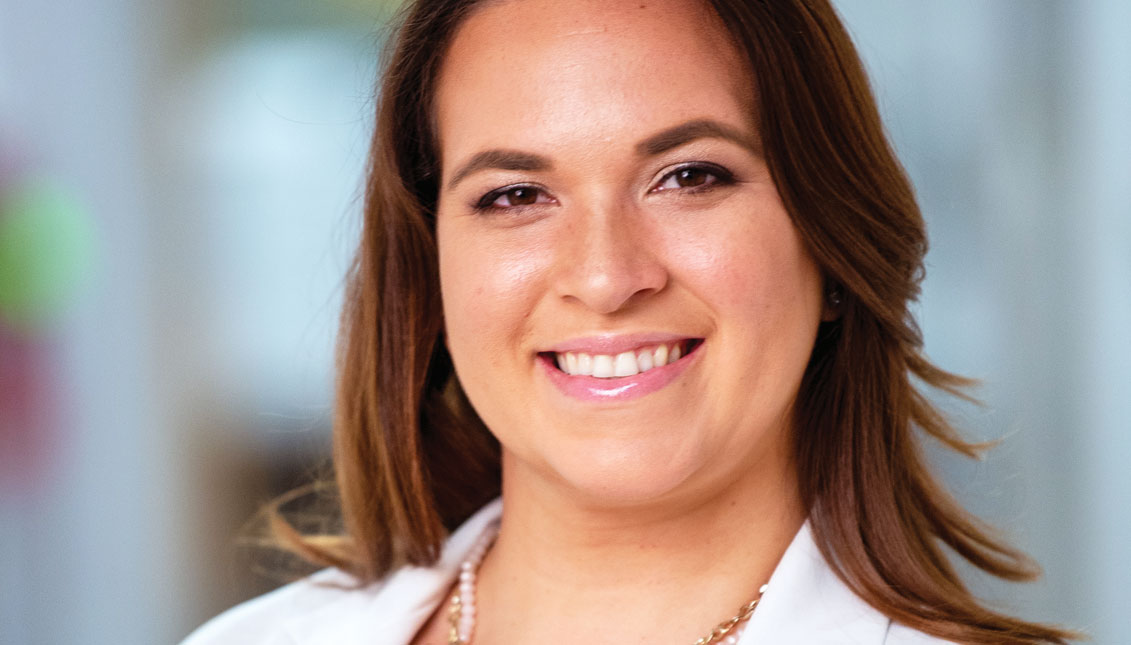
Why mammograms are essential in early detection of breast cancer
Dr. Arleen Ayala-Crespo of Temple Health says that yearly mammograms are essential to detect breast cancer early on and fight the disease which affects one in…
Breast cancer is one of the most serious diseases affecting women in the United States. One in eight women in the U.S. will be diagnosed with breast cancer at some point in their lives. The most commonly diagnosed cancer for women in the United States, breast cancer is the second-leading cause of cancer deaths in American women.
October is Breast Cancer Awareness month, and there is never a better time for women to learn more about the ways in which they can take steps to protect themselves from breast cancer and facilitate early detection, which is vital in fighting the disease.
Dr. Arleen Ayala-Crespo is an assistant professor, obstetrics, gynecology, and reproductive science at the Lewis Katz School of Medicine at Temple University. She told AL DÍA about some of the most important ways women can fight breast cancer: knowing the risk factors, and getting yearly mammograms.
Ayala-Crespo works at Temple Health. A bilingual English/Spanish speaker herself, she sees many Hispanic patients. Ayala-Crespo said that as a generalist in obstetrics and gynecology, she treats a range of common problems, and is able to advise her patients on breast cancer early detection in the context of their preventative care visits.
She recommends that women over the age of 40 should get a mammogram every year, and in general, women should know what their breasts feel like and come to the doctor when they notice any changes.
Ayala-Crespo said that Latina patients in particular have been wary of mammograms, as some of them have had “the misconception...that it’s going to hurt,” said Ayala-Crespo.
She also advises patients to be aware of their family history, because if breast cancer has been present in their family that is another risk factor.
Ayala-Crespo said that monthly breast examinations, which used to be recommended, are now no longer held up as an idea way to monitor breast health.
RELATED CONTENT
“The reason for that being we know that it would increase false positive rates, that most women would find something and come in and it was nothing so it would increase their anxiety about things but also because it wasn’t very reliable,” Ayala-Crespo said.
Other risk factors include:
- Family history of breast or ovarian cancers
- Family history of other hereditary breast and ovarian cancer syndromes
- Family history of prostate and pancreatic cancer
- Gene mutation
- Starting menses early, stopping menses late
- Never having children
- Prolonged period between first period and first time becoming pregnant
- Hormone replacement therapy
- Never having breast fed
- Increasing age
- Obesity
- Alcohol use
- Smoking
- Breast density
- Prior exposure to radiation
Ayala-Crespo said that of these risk factors, for many Latina women one common risk factor is having a higher body mass index or being obese - although they are not a higher risk group in particular.
But, no matter what, the doctor says that “just being a woman is an increased risk.”
Though Latinas face particular barriers to care, including finding a provider who speaks Spanish and is accessible to them, Ayala-Crespo said it’s important for all women to take charge of their breast health.
The first step? “Establish care with an OBGYN,” Ayala-Crespo said.
Next: Develop a “general breast awareness,” and know your family history.
To schedule a mammogram, follow the link here. To learn more about breast cancer, follow the link here.


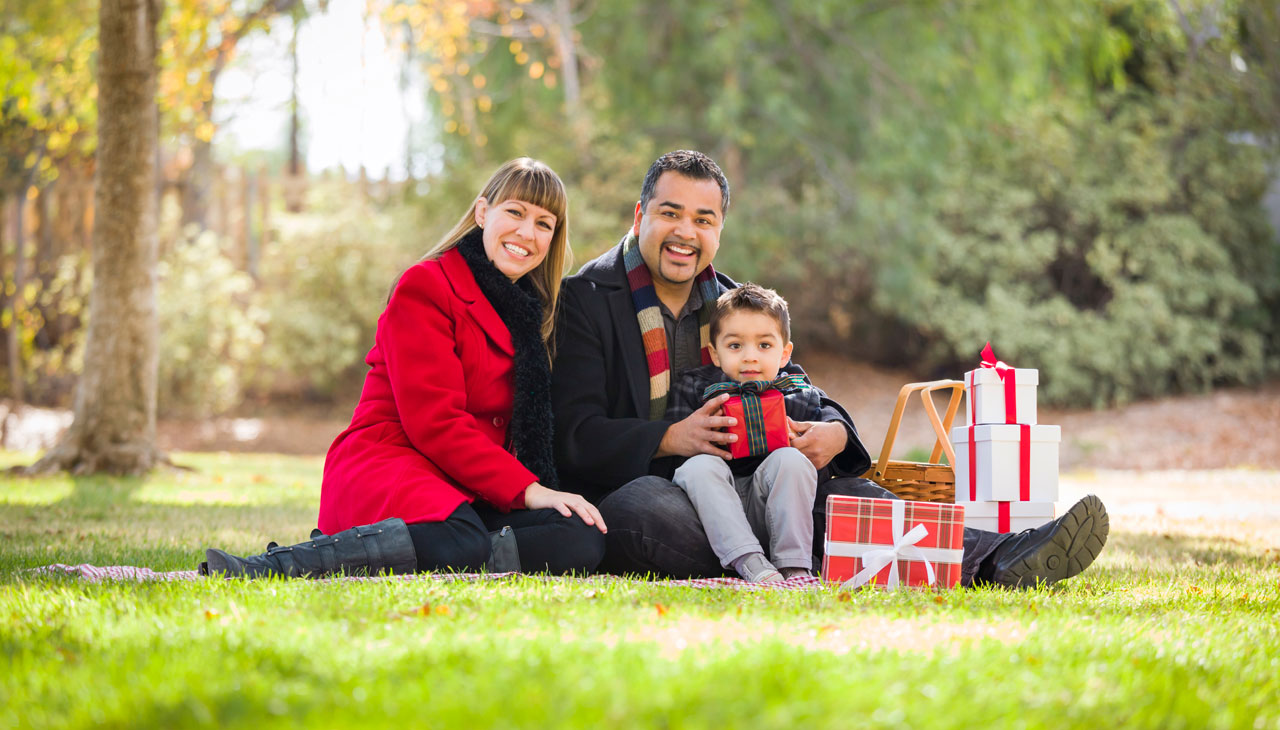


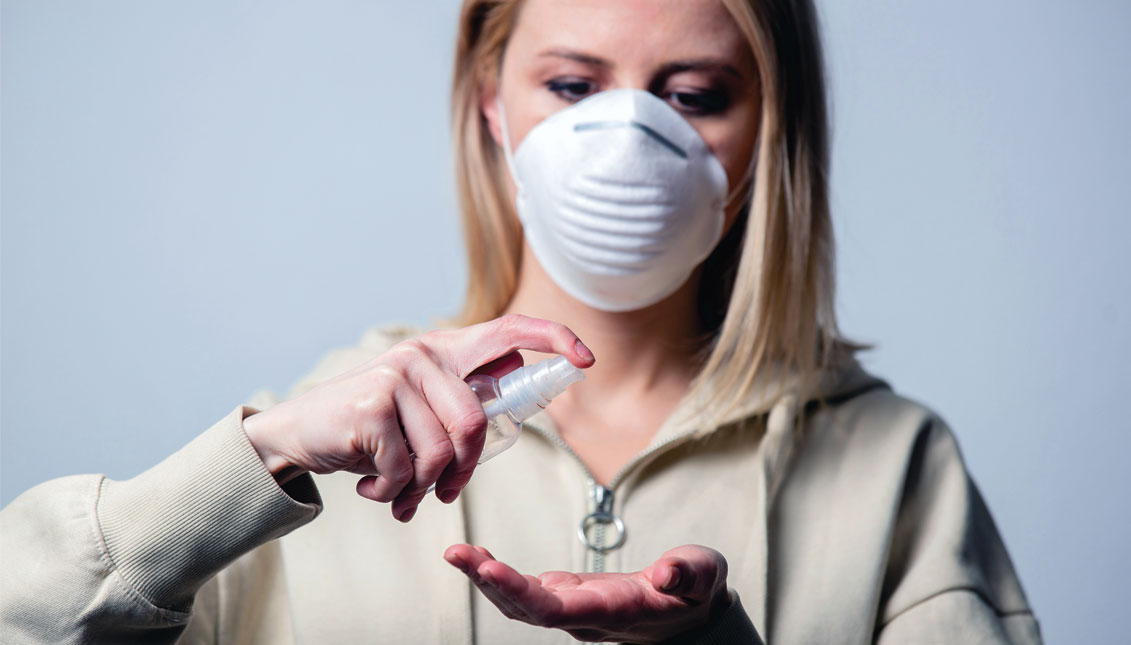

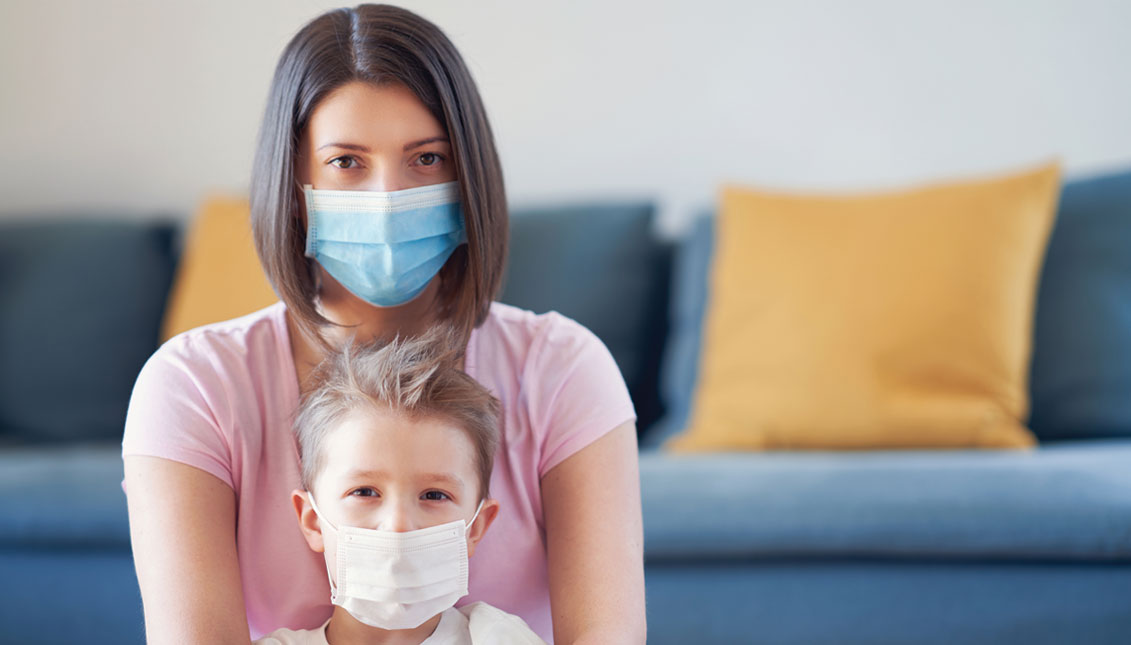
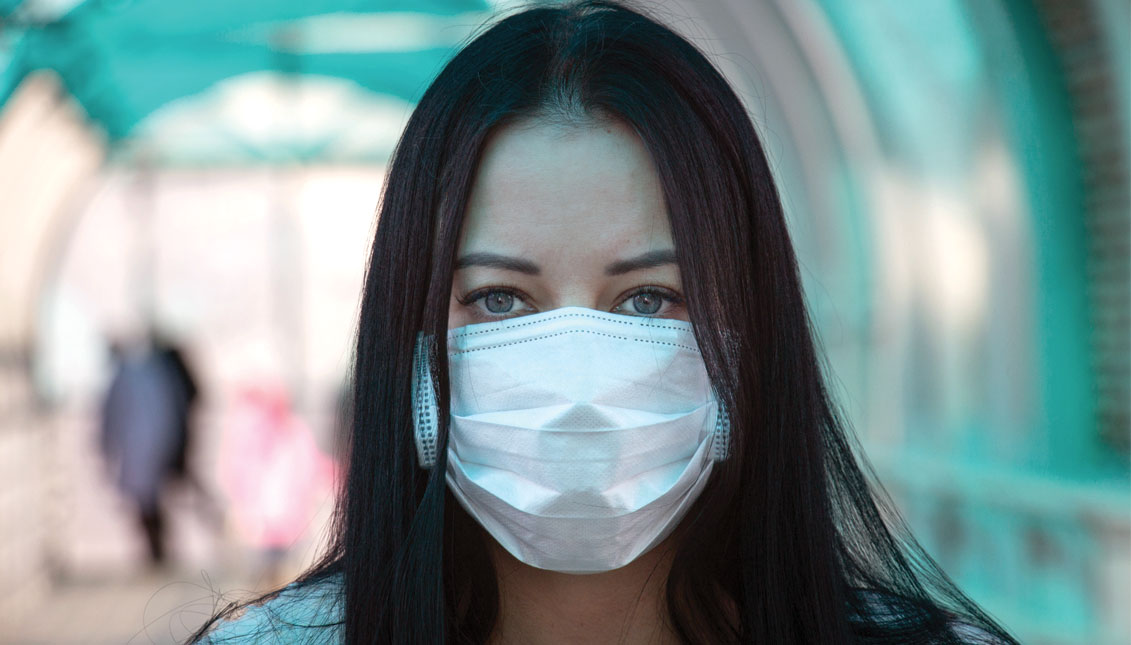


LEAVE A COMMENT:
Join the discussion! Leave a comment.